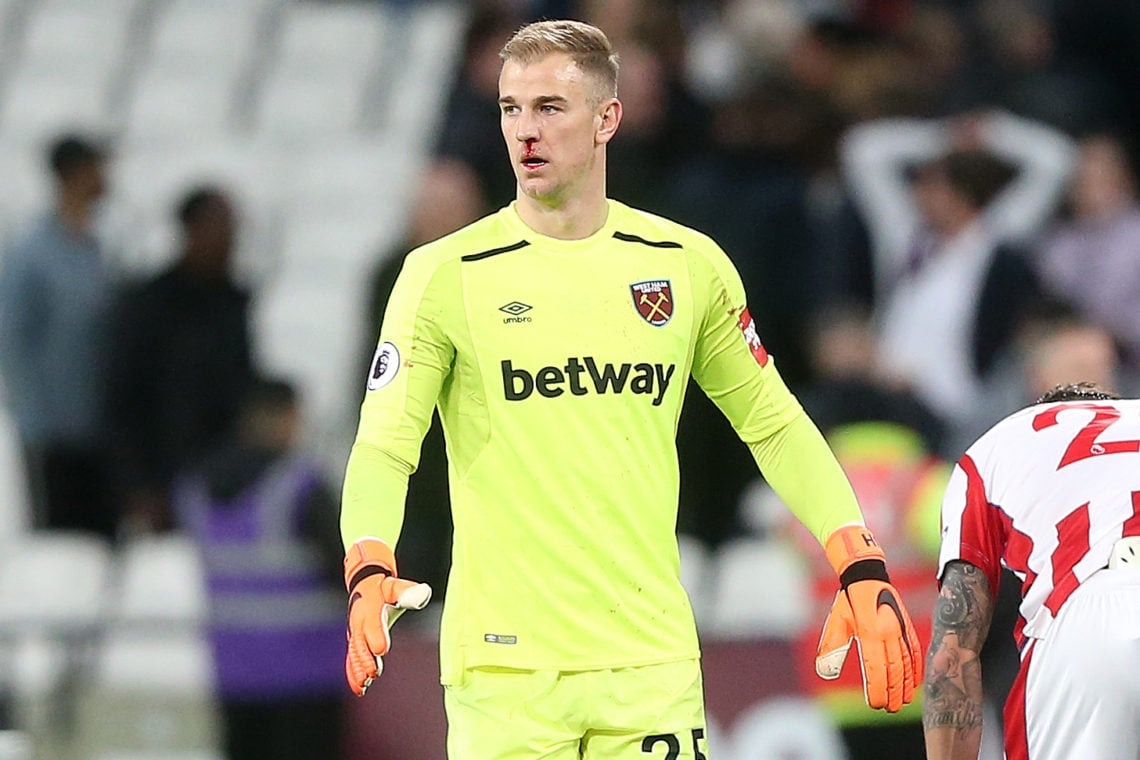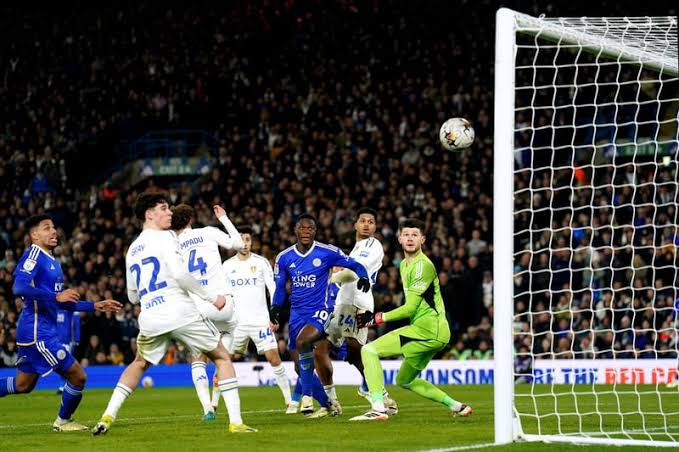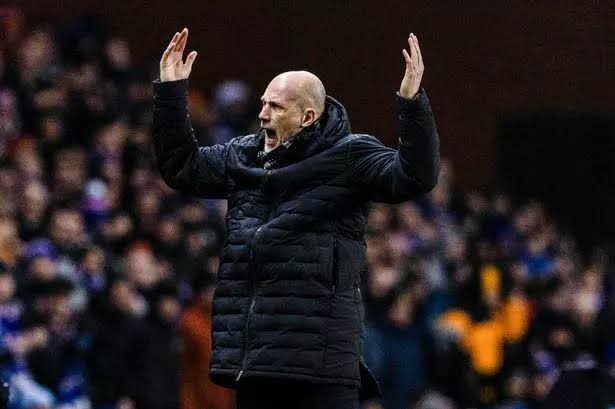Joe Hart is well aware that the challenges he faced at West Ham United under the ownership of David Sullivan and Karren Brady still persist today at the struggling Premier League club.
During a post-match debrief, Graham Potter, the head coach of West Ham United, found himself under an unflattering light that cast a harsh glow on him. The lighting created an unsettling atmosphere, almost like an interrogation rather than a discussion about the recent football match.
While Potter shoulders some of the blame for West Ham’s poor start to the season, he is not the only one responsible. The frustrated fanbase, who witnessed a fifth defeat in six games, are eager to hold others accountable, including the owners who have contributed to the club’s current state.
Joe Hart vividly recalls the toxic environment at the London Stadium when fans stormed the pitch during a match against Burnley in 2018. He empathizes with the challenges faced by managers like Manuel Pellegrini, who struggled to maintain success in a draining environment crafted by the club’s owners.
Despite Pellegrini’s impressive credentials, including a Premier League winners’ medal, his tenure at West Ham was marred by disappointing results and fan discontent. Joe Hart reflects on the lack of unity at the club, where board members, coaches, and supporters seem to be pulling in different directions, hindering progress and success.
As Graham Potter faces increasing pressure, calls for change at West Ham United mount. The divide between the owners, coaching staff, and fans is evident, with different visions for the club’s future. The lack of cohesion and unity behind the scenes has been a longstanding issue, leading to instability and underwhelming results.
In the midst of uncertainty, potential managerial changes loom, with various candidates being considered to lead the team. However, former players and football figures emphasize the importance of unity and solidarity within the club as essential for sustained success. As West Ham navigates through challenging times, finding common ground and direction for all stakeholders becomes crucial for their future.



